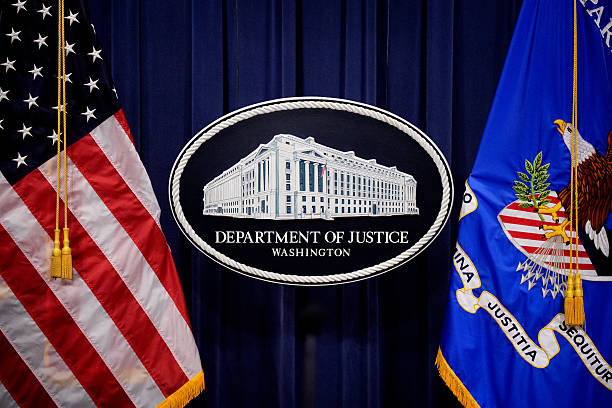Economic Espionage Case in Rochester: A Deep Dive into the Conviction of Ji Wang
Background on the Case
In a significant verdict, a federal jury in Rochester, N.Y., has convicted Ji Wang, a 63-year-old resident of Painted Post, of economic espionage and the theft of critical U.S. technology. This case highlights the alarming intersection of technological advancement and national security, raising questions about the safeguarding of sensitive information in a globalized world.
The Accused: Ji Wang
Born in China, Ji Wang immigrated to the United States in 1998, pursuing a career with Corning Incorporated, a leader in specialty glass and ceramics. His expertise in fiber optics would eventually place him at the center of one of the most intriguing cases of industrial espionage in recent times.
Corning’s DARPA-Funded Project
From 2002 to 2007, Wang was involved in a joint research and development project funded by the Defense Advanced Research Projects Agency (DARPA), in collaboration with Corning. This ambitious project aimed to engineer high-performance optical fibers for high-powered lasers, with both military and commercial applications. The ultimate goal was to develop laser systems capable of targeting and neutralizing unmanned drones and missiles, reflecting the increasing reliance on cutting-edge technology in defense strategies.
The Theft of Trade Secrets
According to the Department of Justice, Wang’s unlawful activities came to a head around July 1, 2016. It was during this time that he surreptitiously downloaded hundreds of files containing sensitive, non-public data derived from the DARPA project. These files included manufacturing technologies that could empower him to replicate various specialty optical fibers, pivotal for military applications.
Involvement with the Chinese Government
The timeline of Wang’s actions is particularly telling. Notably, just ten days before he executed the theft of trade secrets, he applied for the Chinese government’s Thousand Talents Plan Award. This program was designed to attract global expertise in fields like science and technology, facilitating the transfer of knowledge and innovation back to China.
While negotiating with Chinese officials, Wang evidently presented plans for a specialty fiber business in China, emphasizing the potential military applications of the technology he aimed to exploit. If successful, these negotiations could have yielded tens of millions of dollars in investment.
U.S. Intervention
Fortunately for national security, U.S. authorities intervened before Wang could launch his intended business or utilize the stolen technology. The investigation, carried out by Special Agents from the Federal Bureau of Investigation (FBI), played a crucial role in disrupting what could have posed a severe threat to U.S. military advancements.
Legal Ramifications
Jiang Wang now faces serious charges, including two counts of economic espionage, one count of theft of trade secrets, one count of attempted economic espionage, and one count of attempted theft of trade secrets. The implications of these charges are severe; economic espionage alone could result in a maximum penalty of 15 years in prison, while theft of trade secrets could add another 10 years. Sentencing is set for April 15, 2026.
Official Announcements
The verdict was officially announced on November 5, 2025, by Assistant Attorney General for National Security John A. Eisenberg and U.S. Attorney Michael DiGiacomo for the Western District of New York. Their statements underscored the importance of protecting intellectual property and technology, which are vital to maintaining U.S. economic and national security.
The Bigger Picture
The Ji Wang case serves as a stark reminder of the vulnerabilities inherent in the global exchange of information and technology. While cross-border collaboration is crucial for innovation, it also opens the door to potential exploitation. The conviction sends a strong message about the U.S. government’s commitment to combating economic espionage and protecting its technological advancements.
In a world where technological advantage often determines geopolitical strength, such cases will likely continue to spark conversation around the balance between collaboration and security.



